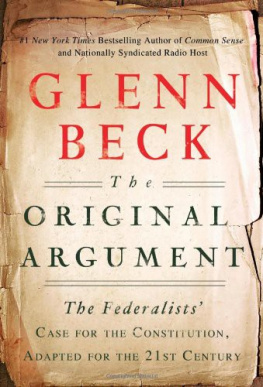Conquering the Political Divide
How the Constitution Can Heal Our Polarized Nation
Eric A. Beck
Conquering the Political Divide
How the Constitution Can Heal Our Polarized Nation
Copyright 2019 by Eric A. Beck
All rights reserved.
Printed in the United States of America
Published by Author Academy Elite
P.O. Box 43, Powell, OH 43035
www.AuthorAcademyElite.com
All rights reserved. No part of this publication may be reproduced, stored in a retrieval system, or transmitted in any form or by any meansfor example, electronic, photocopy, recordingwithout the prior written permission of the publisher. The only exception is brief quotations in printed reviews.
Paperback: 978-1-64085-106-1
Hardback: 978-1-64085-107-8
E-book: 978-1-64085-108-5
Library of Congress Control Number: 2017952725
Cover Design by:
Beth Carroll Leoni
JBCL2006@yahoo.com
First Edition
To Mom and Dad.
You gave me everything.
Contents
Foreword
For American students of political science and public affairs, an understanding of the United States Constitution sits front and center as a foundational element of their education. But the Constitution is not just for students. Every American should acquire an understanding of the ideas and ideals embodied in the Constitution to fully and competently participate as citizens of the United States. That is because U.S. citizenship is not just a badge of honor; citizenship is a political office with obligations and responsibilities. As such, every citizen has a responsibility to learn about what the Constitution is, the role it defines for the federal and state governments, and the balance it creates between individual freedom and equality.
In Conquering the Political Divide, I have tried to make the case for why all Americans (including those serving in the judiciary) should interpret the Constitution based on the original intent of its Framers. This intent is reflected in constitutional principles inherent in our unique form of representative government, principles that have formed a basis for national unity since our countrys founding. I contrast these principles with those advocated by the progressive Left to explain why their point of view is undermining both the Constitution and the Founders vision of the American Dream. Such contrast will allow the reader to gain a deeper understanding of what makes America exceptional, even when compared to other democracies around the world.
Whether you agree or disagree with my personal view of constitutional jurisprudence, I believe Conquering the Political Divide will make the reader question his or her own assumptions about the morality and effectiveness of public policy. I have encouraged such questioning by including narratives on the economy, health care, and social issues that are fact-based and sometimes provocative, but they are always focused on defending public policies that are constitutionally consistent. Therefore, this text creates an opportunity for the reader to consider how originalists think about public policy in deference to what the Constitution deems permissible and what is also economically realistic. It is this type of critical thinking about public policy that our nation needs more of today, not less.
Thomas Jefferson once wrote about the importance of educating the average citizen on civic affairs to protect our unique form of representative government. He wrote, I know no safe depository of the ultimate powers of the society but the people themselves; and if we think them not enlightened enough to exercise their control with a wholesome discretion, the remedy is not to take it from them but to inform their discretion by education. This is the true corrective of abuses of constitutional power. In Conquering the Political Divide, I have tried to take Jeffersons admonition to heart by presenting a defense of the Constitution and its founding principles as a basis for rallying our nation toward political unity. I expect that any student of the Constitution will find my defense both challenging and rewarding. Likewise, for those citizens simply looking for an informed perspective on how a commitment to the Constitution can overcome the political divide we face in America today, I believe this book is an important and valuable read. Enjoy.
Eric A. Beck
Editor-In-Chief
Free Nation Media LLC
Greenville, South Carolina
January 2019
Introduction
Why America is a Divided Nation
America is once again a divided nation.
At several points in our nations history, just as we are today, America has found itself at a crossroads divided by our core values and political interests. We first came to such a point in 1787 when the American colonies had to decide whether to remain a loosely affiliated group of independent states under the Articles of Confederation, or to become a single republic under a constitution. This decision split the colonies and its citizens into two campsthe Federalists and Anti-Federalists. Each camp engaged in a tough and sometimes strident campaign to press their case for Americas future form of government. The Anti-Federalists were opposed to creating an empowered federal government, fearing that it would usurp state sovereignty. The Federalists ultimately prevailed because they were better organized, they articulately defended their ideas by publishing the Federalist Papers, and they presented a work product in a draft Constitution around which they could rally public support for a single republic.
Ultimately, it was ratification of the U.S. Constitution in 1788, including the ideas and ideals it embodied, that became the basis for consensus that overcame the political divide of that day. Although the issue of slavery had yet to be resolved, this consensus was expanded three years later in 1791 as part of the Massachusetts Compromise through final ratification of the Bill of Rights. The foundation for a United States of America was then set, thereby establishing a nation that guaranteed individual rights (albeit at the time to white men only) while limiting the powers of the federal government.
Yet during the subsequent seventy years leading up to the election of 1860, our nation remained bitterly divided over the issue of slavery, an institution that would later become one of several major catalysts for the American Civil War. With the benefit of hindsight, we can now see with greater clarity that the institution of slavery did not live up to the ideas and ideals expressed in the Declaration of Independence, the Constitution, or the Bill of Rights: otherwise known as Americas Founding Documents.
However, in the aftermath of the Civil War, one might ask what was the motivating force that allowed our nation to heal from the detriment of slavery, eventually leading to the strengthening of our nations character through its abolition. Some might suggest that it was the end of the war itself, and specifically victory by the Union that opposed slavery, that helped heal the nation during Reconstruction. However, the wars end did little to deliver social and economic justice for newly enfranchised black Americans. In fact, one might say it simply changed the nature of enslavement for blacks with the rise of groups like the Ku Klux Klan dedicated to maintaining their second-class citizenship.




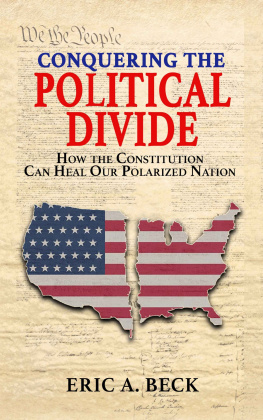
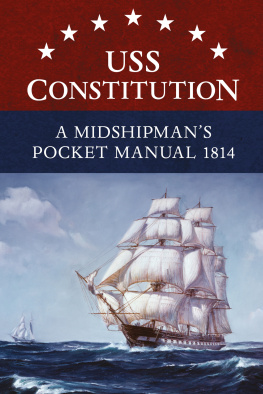


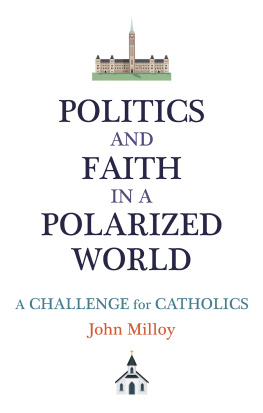
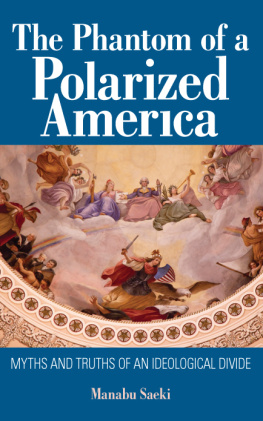
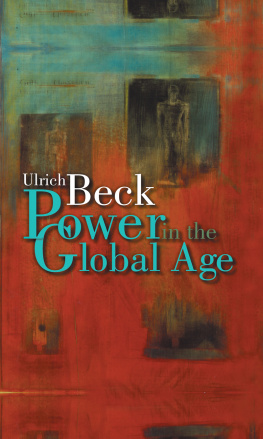
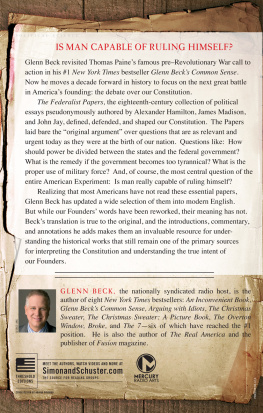
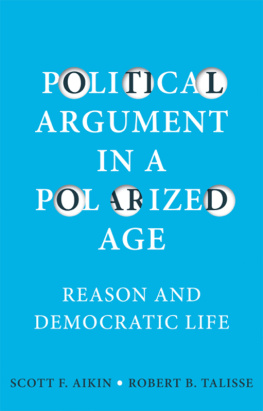
![Eric Pearl - The Reconnection: Heal Others, Heal Yourself [Paperback]](/uploads/posts/book/138562/thumbs/eric-pearl-the-reconnection-heal-others-heal.jpg)
